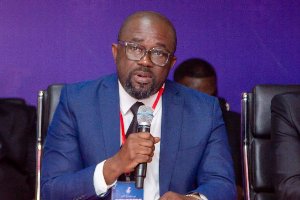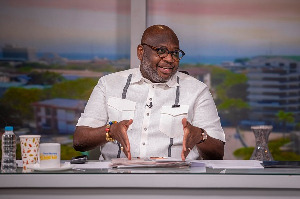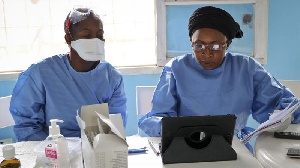Ms. Justice Sophia A. B. Akuffo, the Chief Justice of Ghana, on Tuesday encouraged lawyers to build their capacity in order to approach the African Court on Human and Peoples’ Rights with confidence and knowledge in the rules of procedure.
“As lawyers interested in the practice of the law relative to human and peoples’ rights, a practice that requires passion and dedication. We need to learn, know and understand the rules of procedure of the African Court.
“This is because the pursuit of the claims of our clients may not end with the decision of the apex court, for this reason, packaging and prosecuting the client’s claims must take into account the possibility that one day the claims may migrate to the African Court,” Justice Akuffo stated at a workshop to build the capacity of lawyers on the rules of procedure before the African Court in Accra.
The workshop being organized by the African Court Coalition (ACC) in collaboration with the Greater Accra Regional Branch of the Ghana Bar Association (GBA) is to school Ghanaian lawyers on the African Court and its work, complementarity between the African Commission and the African Court, submission of cases and admissibility, jurisprudence of the African Court, and enforcement issues.
The Chief Justice whose speech was read on her behalf by Justice Anthony Kojo Yeboah, a Justice of the High Court also recommended for an open, unrestricted and immediate access to decisions and recommendations of the African Court and national apex courts.
She noted that; “immediate and unrestricted access to the reasoned decisions of both courts alone can assure and sustain the needed judicial discourse, as the potential value of such a discourse can be avoidance of a precarious situation where an Attorney-General may be torn between ensuring that State Party obeys the orders of the apex court on one hand.
“While observing the international obligation of the State Party by implementing the orders of the supra-national court, on the other hand, where the two obligations operate at cross-purposes”.
Justice Akuffo who is a former President of the African Court noted that, it is for such reasons that the evolution of the judicial discourse between the national and supra-national courts is imperative…“In the end, though, human and peoples’ rights must trump”.
Professor Segnonna Horace Adjolohoun, Principal Legal Officer of the African Court in an overview explained that under Article 3 of the Protocol, the African Court has jurisdiction to deal with all cases and disputes submitted to it regarding the interpretation and application of the Charter, the Protocol and any other relevant human rights instrument ratified by the concerned States.
He said under Article 4 of the Protocol, the African Court may, at the request of a Member State of the African Union (AU), any of the organs of the AU, or any African organization recognized by the AU, provide an opinion on any legal matter relating to the Charter or any other relevant human rights instruments, provided that the subject matter of the opinion is not related to a matter being examined by the African Commission.
The workshop is expected to end on December 14.
General News of Tuesday, 12 December 2017
Source: CDA Consult
Lawyers needs to understand rules of procedure of the African Court - Chief Justice
Opinions












